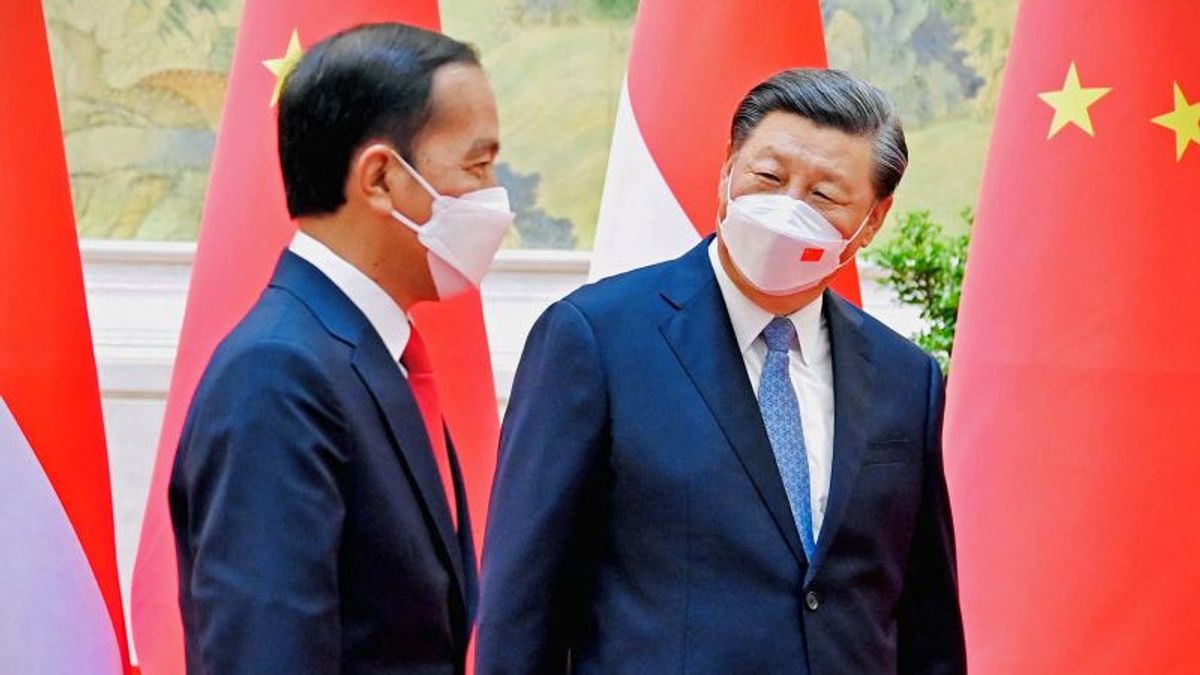JAKARTA The Chinese government at the beginning of this year decided to choose a more measurable approach in implementing the zero covid policy.
The reason is, the Chinese-style lockdown scheme is considered to be quite pressing the economy. This indication is reflected in the economic growth in 2022 which is only about 3 percent of the 5.5 percent target.
Recent developments show Xi Jinping agreeing to relax the zero covid policy in order to spur productive activities. The goal is to accelerate growth which was depressed last year.
China's decision has had a positive impact on the Indonesian economy.
However, the bad news is that the situation also has the potential to put pressure on.
This was conveyed by the Minister of Finance for the 2013-2014 period Chatib Basri.
China's economic opening from zero covid policy will have a positive impact. However, there is a risk (negative impact) in medium and long term," he said in a virtual message on Instagram, Wednesday, January 18.
Meanwhile, the positive side that Chatib means is that Indonesia has the opportunity to increase export performance to the country.
This is because China is the top trading partner for non-oil and gas commodities with a value of 63.5 billion US dollars, or equivalent to 23 percent of the total.
This means that if China's economic activities rise, the need for supporting production material will also be boosted. It has the opportunity to increase the volume of Indonesia's exports.
On the other hand, the risk that Chatib is referring to is the threat to rising commodity prices, especially energy.
As is known, in economic principles, it is stated that increasing demand will encourage price increases on the supply side.
Dengan kata lain, banderol minyak Cs dipastikan bakal ikut melonjak akibat dampak tren permintaan China.
This is a problem for Indonesia because it still imports fuel oil to meet domestic needs.
If the basic price of oil increases, the government will have to spend more on subsidies and compensation costs to protect the community.
Then another risk that must be managed by Indonesia is the flight of domestic capital flows to China.
This is very likely to happen considering China's economic recovery means a good opportunity for investors to invest and invest.
The English, Chinese, Japanese, Arabic, and French versions are automatically generated by the AI. So there may still be inaccuracies in translating, please always see Indonesian as our main language. (system supported by DigitalSiber.id)













